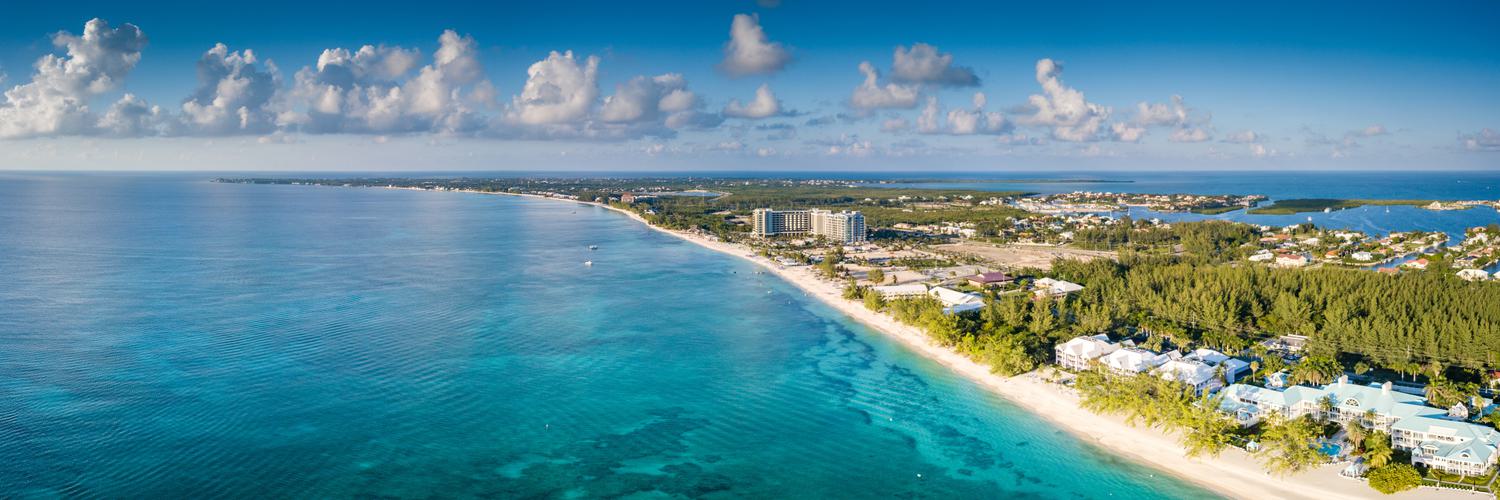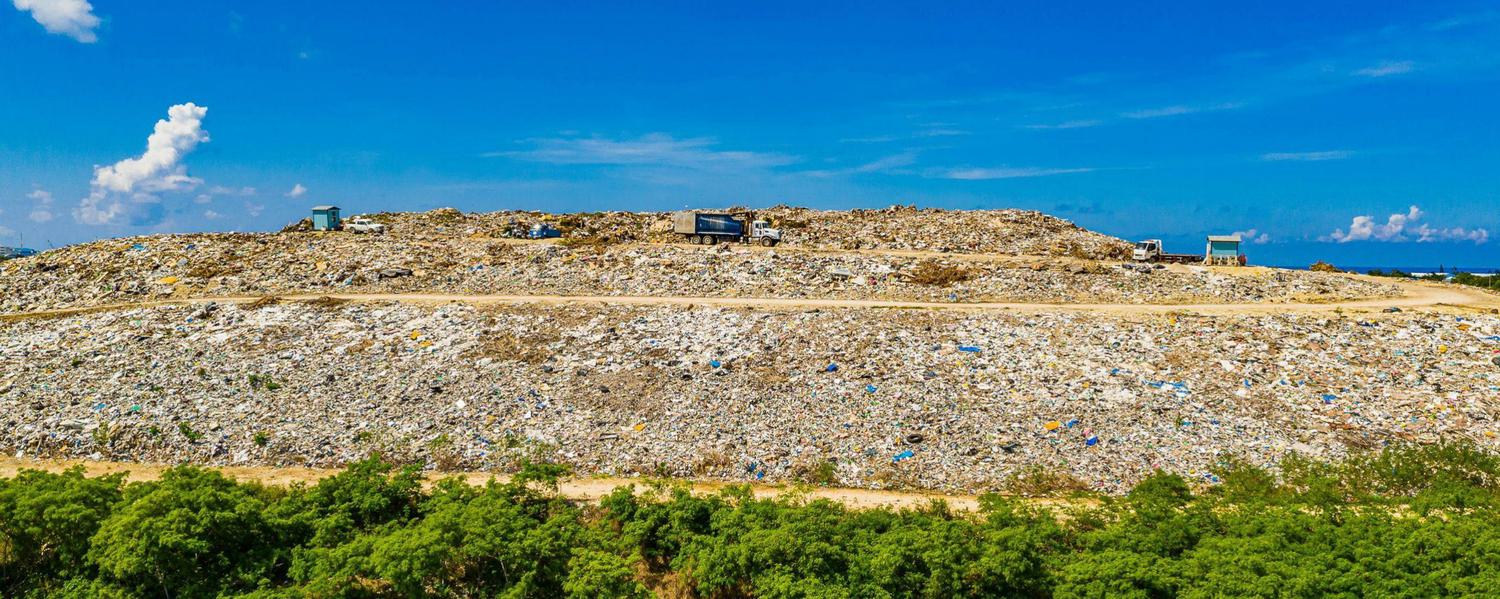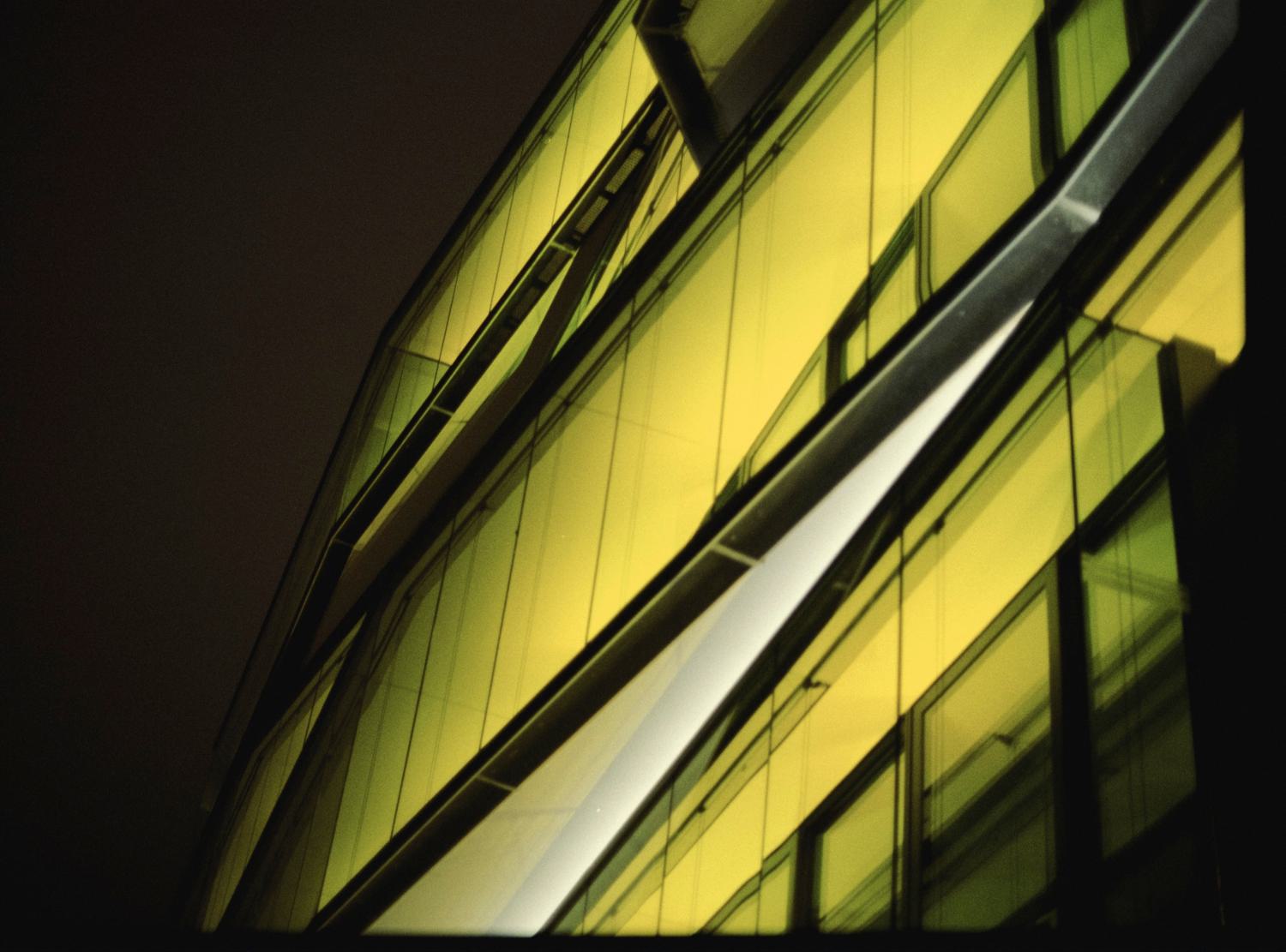Government targets have been set to reduce Cayman's reliance on non-renewable sources of energy and with new legislation coming down the road banning certain single-use plastics, progress is being made. However, with the climate warming at the global level and the continued growth and development of Cayman, it remains as important as ever for us all to adopt lifestyle changes to minimise our individual footprint on our precious environment.
RELATED ARTICLES
In April 2024, Cabinet approved an updated National Energy Policy (NEP) for 2024-2045, with a focus on expanding renewable energy, promoting energy efficiency and conservation, and enhancing energy security. The revised policy sets new targets for transitioning towards a sustainable energy sector, aiming to derive 70% of energy from renewables by 2037 and 100% by 2045. Currently, just 3% of Cayman’s electricity comes from renewable sources, but Cayman’s electricity provider, CUC, is committed to meeting the goals of the NEP. They highlight that the use of utilityscale solar would lessen the Cayman’s dependency on fossil fuels and decrease the approximately US$150-$160 million spent on importing diesel fuel each year for electricity generation.
The NEP also permits residents to generate and use up to 20 kilowatts of solar energy for personal use, including the use of battery storage, to reduce reliance on fossil fuels. Another key target is the transition to electric vehicles (EVs), with a goal for 30% of new vehicle sales to be EVs by 2030 and for all new cars imported into the Cayman Islands to be electric by 2045. Strategies to support this transition include investing in EV charging infrastructure (see page 182 for more information on EV charging stations in Grand Cayman). Additionally, the policy aims to cut greenhouse gas emissions, targeting a 30% reduction in electricity supply emissions by 2030, and achieving 100% reduction by 2045. The policy also seeks to reduce ground transportation emissions by 35% by 2030 and 90% by 2045.
The Cayman Islands Government has begun moving towards a Plasticfree future for Cayman. In June 2024, they announced the preparation of new legislation to ban the importation of certain single-use plastics, including small grocery bags, straws, stir sticks, chopsticks, sky lanterns, polystyrene cups and clamshell containers. Environmental groups like Plastic Free Cayman support the ban but call for additional measures, such as a national clean-up initiative and educational campaigns. They also stress the importance of clear enforcement policies and note the omission of items like plastic cutlery from the ban. Despite these gaps, they acknowledge the progress made and emphasise the need for a comprehensive approach to tackling plastic pollution.
As the population of the Cayman Islands is projected to exceed 100,000 by 2031, there are growing concerns about overdevelopment and its impact on the Central Mangrove Wetlands. The Climate Change Policy 2024-2050, aims to increase resilience to climate change, support the nation’s transition to a low carbon economy, and ensure actions are fair, taking future generations into account. The policy is largely based on a climate change risk assessment report (2023), which identified 52 climate change risks to Cayman, 18 of which were identified as ‘severe’ threats. Half of these threats are to the environment, including threats to turtles, increase in coral bleaching and disease, decline in coral reefs, impacts on endemic animals and plants, decline in mangroves, degradation of seagrass beds, impacts on forests and shrublands, increase in sargassum, beach erosion as a result of overdevelopment, and threats to agriculture and food security.
Given that a healthy and vibrant environment is pivotal to the tourism industry, which is the one of Cayman’s main sources of revenue, it is hoped that the implementation of an updated climate change policy will improve the country's environmental outlook. However, these changes depend on the active participation of the Caymanian population, who are encouraged to adopt sustainable attitudes and lifestyle changes.
Guide to Cayman’s Green Scenekeyboard_arrow_right
Want to increase your awareness of the environmental issues facing our community? Read our guide to Cayman's Green Scene, which outlines current environmental issues and initiatives to combat them.
Recycling Locationskeyboard_arrow_right
You can do your part to help make Cayman greener! Take all your recyclables to the various recycling centres conveniently located across Grand Cayman.
Read MoreThe Landfill Sitekeyboard_arrow_right
One of the most pressing environmental issues for the community is the George Town landfill site and the progression of 'Project ReGen'.
Read MoreSustainable Foodkeyboard_arrow_right
A significant factor of sustainable living includes making the right choices when it comes to food. In Cayman, much of our food is imported and a considerable amount of energy, fuel and water is used in the entire process of growing, distributing, storing and cooking our food.
Green at Workkeyboard_arrow_right
There are steps you can take to ensure your work environment is greener: make sure to turn off lights, computer monitors and the air conditioning, when you leave the office at night; only print when necessary; collect office newspapers and take them to the Humane Society; recycle your printer toner cartridges.
Read MoreGreen at Homekeyboard_arrow_right
Whether you own or are renting a home, making environmentally friendly choices will help preserve Cayman's beauty for generations to come.
Read MoreBuilding Greenkeyboard_arrow_right
In recent years, the paradigm has shifted and ‘going green’ is no longer just a trendy tag line; it has become the standard when building in Cayman.
Read More'Greener' Swimming Pools
Swimming pools are a fantastic addition to any household. Not only do they help us cool off, especially in the summer months, but they are great to relax in as well. They are also ideal for entertaining friends and family.
The downside is that they do consume a lot of energy. Whether it is filtering the water, heating the water or running the pump, not to mention keeping it clean, all of it requires energy. There are however several steps you can take to help the environment and keep your energy bills down at the same time – so you can get on with relaxing in the sun.
- Cover it up: A pool cover will reduce heat loss, water evaporation and chemical consumption by up to 70%. It also helps keep your pool clean, meaning you’ll have to run your filter pump less often.
- Think about the pump: A pool filter pump is the second largest consumer of energy in a home behind your A/C. If you install a two-speed, variable speed or solar powered pump, it will pay for itself very quickly with energy savings.
- Environmentally friendly products: Consider using a chlorine generator, which turns ordinary salt into chlorine and is kinder to the environment and your skin. Use LED lights for lighting.
To find out more about swimming pools contact Oasis Pool & Spa or Pool Patrol.
Solar Systems in Caymankeyboard_arrow_right
Cayman’s goal of obtaining 30% of its power from renewable resources by 2030 has raised discussion for alternative ways of doing this.
Read MoreGetting Around by Electric Carkeyboard_arrow_right
Aside from the use of electricity to air condition our homes and businesses, the biggest offenders of pollution and fuel consumption is cars. Car pooling and the use of buses, when available, can help ease congestion and reduce emissions on Cayman’s roadways. Bicycling is another option, but most Cayman roads lack a safe shoulder to ride on, so it can be dangerous. Discover this guide to buying a hybrid/electric car in the Cayman Islands and a list of electric car charging stations that are open for public use on Grand Cayman.
Environmentally-Friendly Fuel
Those without electric vehicles can benefit from Refuel gas station, Cayman’s first provider of modern, environmentally-friendly fuel. The facility stocks five grades of fuels including three grades of E10 (10% ethanol), B5 (5% biodiesel) and B20 (20% biodiesel). Ethanol and biodiesel have higher octane and cetane ratings (respectively) than petrol and diesel alone and lower emissions than other boosters.
These modern fuels don’t produce as many damaging exhaust emissions and reduce lifecycle CO2 emissions (although some CO2 is produced as a by-product, the plants grown to create the fuel absorb carbon dioxide meaning that the net carbon emissions is much lower than fuels such as petrol). Most of the fuel in the US and UK contain ethanol in its petrol and biodiesel in its diesel in an effort to reduce emissions, but Refuel is the first petrol station to market it in Cayman. The station is located opposite the airport post office in George Town and a second filling station opened in 2024 on the Esterly Tibbets Highway at the Island Heritage roundabout.
Cayman's Green Communitykeyboard_arrow_right
There are several ways you can become actively involved in preserving and protecting Cayman’s environment and 'greening-up' our Islands. Luckily there are many organisations in Cayman working towards this goal. So get involved today!
Read More




